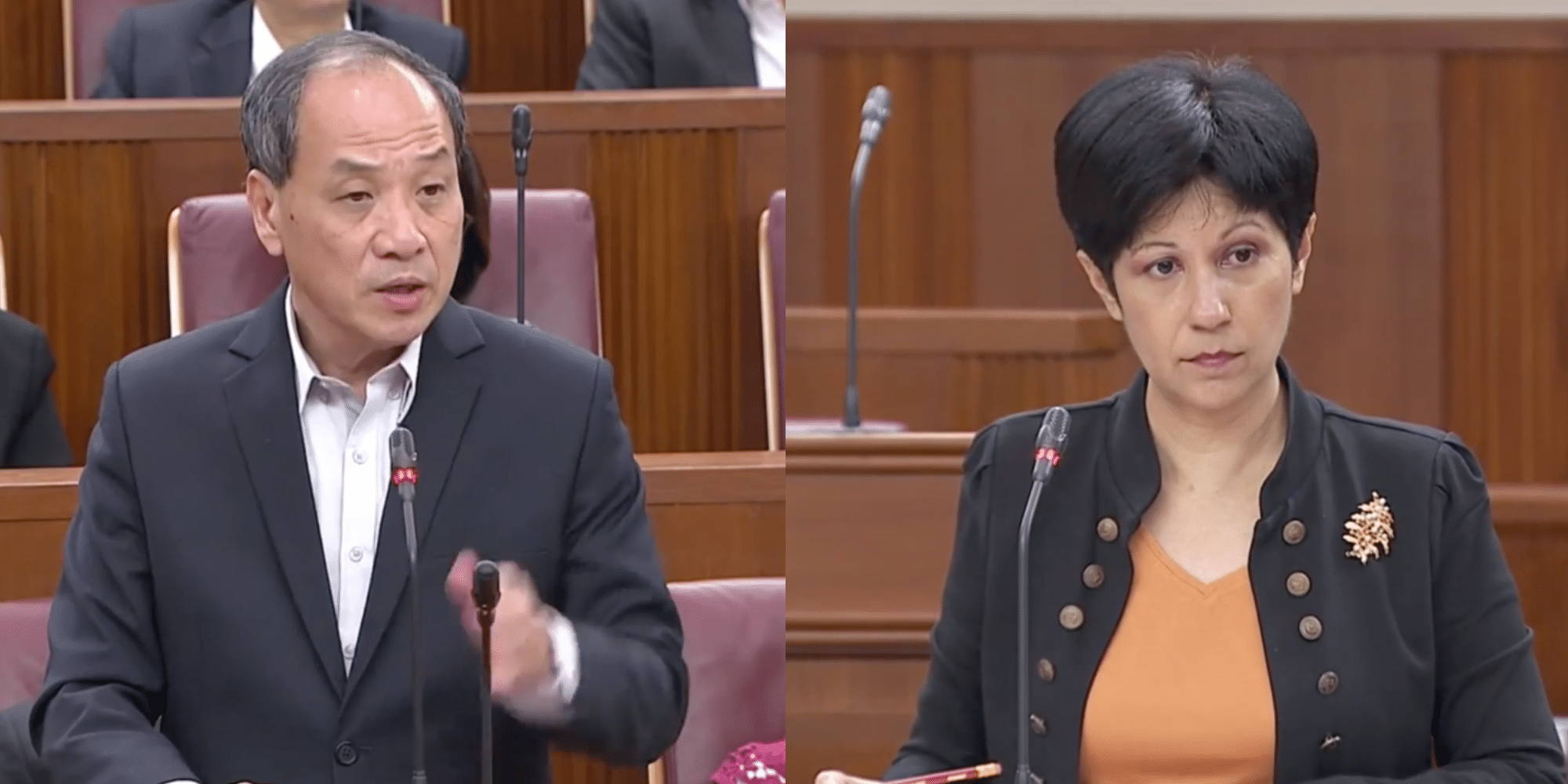In the wake of Singapore actor Nick Mikhail’s case, who voiced frustration at how the authorities had recently conducted an impromptu inspection at his home to search for potential COVID-19 breaches, questions have loomed about the laws that allow safe distancing enforcement officers to enter homes without warrants.
The Urban Redevelopment Authority (URA) has earlier clarified that safe distancing enforcement officers can enter, inspect, and search various premises, including residences, without a warrant to check that COVID-19 regulations are being complied with.
URA’s response to Mr Nick Mikhail’s Instagram post has triggered public concern over the laws, with many netizens asking if safe distancing enforcement officers are even well-trained as the police to be given such powers.
People’s Voice (PV) Party chief Lim Tean also took to Facebook on Tuesday (3 Aug) asking if the Ministers – particularly Prime Minister Lee Hsien Loong, and Minister of Law and Home Affairs K Shanmugam – “think it’s right” to allow such officers to enter homes without warrants, despite having no evidence of COVID-19 breaches.
“If I am in Parliament, I will raise urgent questions for Lee Hsien Loong and Shanmugam and demand to know whether they think that it is right that these social distancing personnel are able to enter people’s homes, when they have no proof that rules and regulations have been breached!” he wrote.
The politician deemed Mr Nick Mikhail’s case an “outrageous invasion of privacy” and praised him for voicing out his unhappiness about the incident.
“It is the latest illustration of how various authorities have over the years given themselves wide-ranging powers, which have gone virtually unchecked by a lame Parliament, and which encroach onto our citizens’ rights and privacy unduly,” he remarked.
Mr Lim hopes that Singaporeans will be “more courageous” in dealing with the “outrageous behaviour” of the authorities who appear to think that “they can do what they want” just because they have the powers.
“So whether it is TraceTogether or allowing social distancing officers to enter into one’s homes, the citizen has the right to be heard and to protest!
“And we must be ready to challenge the authorities through judicial review if we believe that they have overstepped their mark. We must not succumb to the dangerous idea that might is right,” he added.
Laws behind such “outrageous invasion of privacy”
Section 35(5) of the COVID-19 (Temporary Measures) Act 2020 has indeed stated that “an enforcement officer has all the powers of a Health Officer authorised under sections 55A, 55B and 57 of the Infectious Diseases Act for the purposes of ascertaining whether the control order is being complied with”.
According to Sections 55A, 55B and 57 of the Infectious Diseases Act, the powers are including:
- To furnish any information within his knowledge;
- At any time without warrants and with such force as may be necessary, stop, board, enter, inspect and search any premises or conveyance;
- Demand any person to give his name and address, and other proof of identity


Section 35(1) of the COVID-19 Act said that the individuals who can be appointed as enforcement officers include, police officers, public officers, officers of statutory bodies, auxiliary police officers, among others.
TODAY’s report noted that enforcement officers can be spotted wearing the red armband with the words “safe distancing enforcement officer” printed on it. They may also be in their agencies’ corporate attire and carry a staff pass or lanyard.
Netizens expressed they opposed the legal provision
Penning their thoughts under the comments section of TODAY’s Facebook post, a handful of netizens opposed the laws that allow safe distancing enforcement officers to enter homes without warrants.
They pointed out that enforcement officers are not well-trained as police officers, given that they are only “temporarily contract” officers. Some even called such legal provision an “abuse of power” by the authorities.
One netizen wrote: “If you have a one party government, they can pass any laws no matter how stupid they are… checks and balances are needed to ensure all aspects of any laws proposed are properly debated.”
“It’s a slap in the face for our police officers who have gone through law enforcement training. SDAs are mostly out of work individuals doing a gig during this COVID economy,” said another netizen.


















